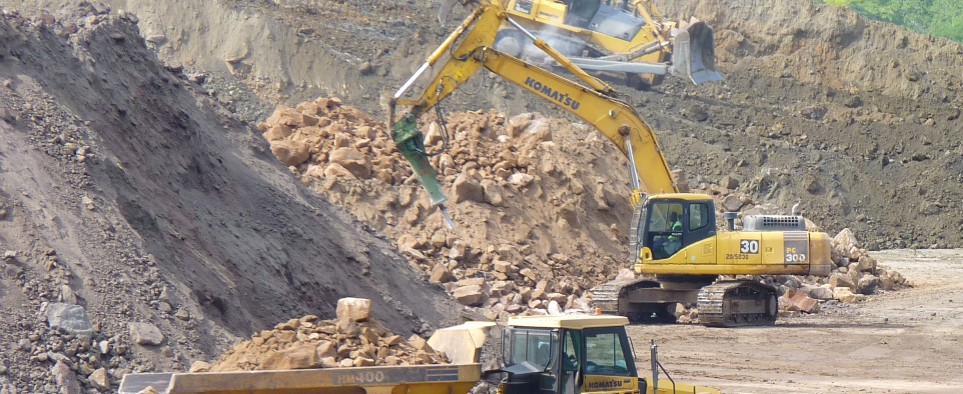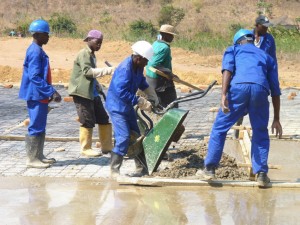This week Mo Ibrahim’s “Index of African Governance” (IIAG) came out, documenting the stalling of Africa’s advancement of human rights. Among the poor performing nations was Malawi, whose decline was driven by a precipitous drop in Sustainable Economic Opportunity.
In a sense, NomoGaia has been witnessing this decline firsthand, as we have tracked Malawi’s most significant extractive sector investment since independence: the Kayelekera Uranium Mine.
We were back in Malawi earlier this year to monitor Kayelekera’s human rights impacts, just in time to watch the mine take steps toward closing up and leaving the country altogether.
The IIAG, created in 2007 by Sudanese telecom tycoon Mo Ibrahim as an independent project, is the most reliable index of development, governance and human rights on the continent. Just as the IIAG has linked economic opportunity with human rights across Africa, we have chronicled the relationship at the micro level – at the Kayelekera Mine itself.
Between 2009 and 2015, the Kayelekera Mine has systematically improved its human rights impacts, becoming one of the most positive forces for economic, educational and health improvements in Northern Malawi. Its high salaries sustain the local economy, even as retrenchments have become necessary. Its unionization policies have fostered collective bargaining agreements, and its nondiscrimination policies have ensured that women’s salaries match men’s while hiring policies actively seek out women workers. Health interventions protected the Kayelekera community from nation-wide shortages of HIV treatments, and the current construction of a full-scale clinic is the most significant health investment in Northern Malawi in recent memory.
On our most recent monitoring trip, Kayelekera’s negative impacts were only apparent on the right to public participation and freedom from fear – the result of opaque reporting practices, primarily on environmental monitoring. All evidence suggests that Kayelekera’s environmental management is effective, but the lack of public reporting has created a space for anti-mining activists to generate significant fear and distrust among both local populations and across the country.
As such, Paladin’s steps toward closing Kayelekera have been met with little or no alarm. Yet there are significant human rights risks incumbent with the closure of a large investment. Closure is usually precipitated by declining revenues – mine production drops, ore value drops, or some other shock occurs to affect a company’s bottom line. In these cases, layoffs alone mean that human rights impacts are likely. International groups worry about how environmental management will be carried out if Paladin leaves Malawi. Community members worry how they will support their families if their mining jobs disappear. If Paladin closes the Kayelekera Mine, the major improvements in human rights conditions in the area may be at risk.
In the meantime, Paladin deserves credit for an array of positive impacts, while still meriting criticism for opaque reporting practices.
Our monitoring report is available at the link below and in our “Work” page under Kayelekera.
KAYELEKERA HRIA MONITORING SUMMARY – 10-5-2015 Final




Pingback: Link Roundup for Extractive Industries in Malawi: October 2015 | Mining in Malawi